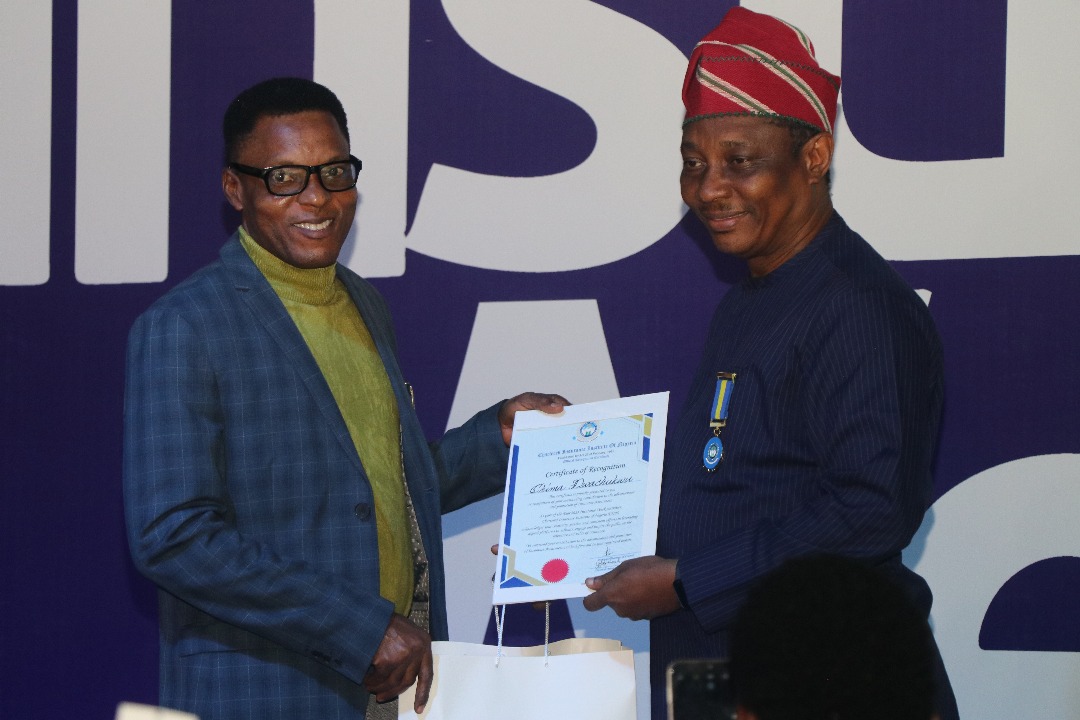By Kenneth Amaeshi & Innocent Okwuosa
Some regulators in Nigeria are beginning to embrace the sustainability agenda in their different industries. They see the importance of balancing economic, social and environmental considerations in policy and business decisions.
Financial regulators are ahead of the pack and seem to rely heavily on sustainability principles as a way of promoting and embedding sustainability in the industries they regulate. Examples of these include the Central Bank of Nigeria’s Sustainable Banking Principles issued in 2012 and the Financial Regulatory Services Coordinating Committee (FRSCC)’s Sustainable Finance Principles initiated in 2016.
While the principles-based approach to promoting sustainability in Nigeria is a good start, it can be overly prescriptive in its articulation of sustainability and what it covers. As such, it runs the risk of making businesses think of sustainability as a narrow practice rather than a holistic endeavour that should permeate an organisation’s culture and inform business decisions.
A clear example of this inadvertent outcome is, again, the Nigerian Sustainable Banking Principles, which focus narrowly on three sectors – i.e. Agriculture, Power, and Oil/Gas – for a start. Most banks now restrict their thinking on sustainability to these sectors in their lending operations, whilst it is obvious that sustainability opportunities and risks exist in other sectors not covered by the principles.
This is a drawback and an unintended consequence. Only very innovative banks, who do not see the Nigerian Sustainable Banking Principles as a tick box exercise to satisfy the Central Bank of Nigeria, are able to extend and explore sustainability risks and opportunities beyond the sectors articulated by the regulator.
There is also a tendency for a principles-based approach to position sustainability as a fringe and peripheral activity, which could be dropped at will when not needed. A principles-based approach can also be difficult to coordinate, monitor, and enforce. It can as well lead to duplications and redundancies across sectors.
Imagine a bank or an insurance company quoted on the Nigerian Stock Exchange, and those different regulators in the financial services sector have different sustainability principles for the industries they regulate. Whose principles would the bank or insurance company adhere to and what would it do when these principles are conflicted?
To minimise, and in some cases avoid, the challenges of a principles-based approach, we suggest an information-disclosure approach, which will simply ask firms to report on the sustainability implications of their value creation process/activities. This approach is based on the view that markets, irrespective of sectors, require information to function efficiently and effectively.
Apart from the requirements of the market, sustainability information disclosure helps other actors – e.g. civil society, governments, regulators, communities, et cetera – who are interested in the activities of businesses to hold them accountable. In other words, sustainability reports are in themselves governance and accountability artifacts.
So, instead of expending energy developing sustainability principles for different industries, the regulators can simply ask firms to produce sustainability reports. It is also a much straightforward way.
In order to produce these reports, businesses would need to put in place adequate management systems and processes, which could be scrutinised like those for financial reports. This will make it easier for businesses to embrace sustainability as a holistic and integral activity. It will also help them see how sustainability risks and opportunities, directly and indirectly, impact on their financial performance. In this regard, the general saying ‘what gets measured gets managed’ becomes very relevant.
Globally, measuring sustainability performance is done through two major reporting frameworks – the Global Reporting Initiative (GRI) and the US Sustainability Accounting Standard. The GRI is reputed to be the most widely used framework. Reporting is at either ‘core’ or ‘comprehensive’ level options.
The core option contains the essential elements of a sustainability report and provides the background against which an organization communicates the impacts of its economic, environmental, social, and governance performance. The comprehensive option builds on the core option by requiring additional standard disclosures of the organization’s strategy and analysis, governance, as well as ethics and integrity. In addition, the organization is required to communicate its performance more extensively by reporting all indicators related to identified material aspects.
Following the launch of the G4 Guidelines in May 2013, GRI now has sector specific indicators located under sector specific aspect. Organizations are expected to report on, at least, one indicator related to the sector specific aspects identified as material in the case of ‘core’ level option. For the ‘comprehensive’ level option, they are expected to report on all the indicators related to the sector specific aspects identified as material.
Whereas the GRI expects organisations to determine what they consider material, the US SASB determines materiality threshold and designs specific sector metrics aimed at investors’ information needs. US SASB appears to be dominated by accountants and their overall methodology for selecting indicators is driven largely by the financial implications of sustainability issues. This is understandable given their orientation towards providing an investment decision useful information.
In the light of the foregoing, one can argue that there may not be any need for regulators in Nigeria to re-invent the wheel in relation to this suggested information-disclosure-based approach to governing sustainability. They should rather consider adopting some of the global sustainability standards and frameworks – e.g. the GRI or the US SASB, amongst others.
However, it is not enough to expect sustainability reporting without getting parties that can facilitate this on board. To this end, the cooperation of the Financial Reporting Council (FRC) is key. Given that the Act setting up Financial Reporting Council empowers it to regulate corporate reporting in Nigeria, mandating sustainability reporting through the FRC becomes a potent force through which regulators can promote sustainability in Nigeria.
Another aspect is getting other stakeholders involved in the reporting value chain on board. This will require the involvement of professional accountants, for instance. The Institute of Chartered Accountants of Nigeria (ICAN) appears to have already commenced the sensitisation of its members for the task ahead. It is expected that the Association of National Accountants of Nigeria (ANAN) will follow suit if it has not done so already.
In a nutshell, sustainability reporting offers a more robust and easier way of promoting sustainability in Nigeria than the currently pursued principles-based approach. Nonetheless, this is not to discount the achievements made so far by the current approach. It is no doubt a good start.
Perhaps, it is time now for the regulators to try another approach. An information-disclosure approach through sustainability reporting, arguably, offers a more credible and easier alternative.
Kenneth Amaeshi is professor of business and sustainable development at the University of Edinburgh and a visiting professor of strategy and governance at the Lagos Business School. He is currently a scholar in residence at the National Pension Commission, Nigeria. He tweets @kenamaeshi and his opinions are private.
Innocent Okwuosa is a senior lecturer in accounting and finance at Hertfordshire Business School, University of Hertfordshire, UK and a council member of both the Institute of Chartered Accountants of Nigeria and Chartered Institute of Bankers of Nigeria. He also consults with Entop Consulting Ltd. Manchester, UK.












